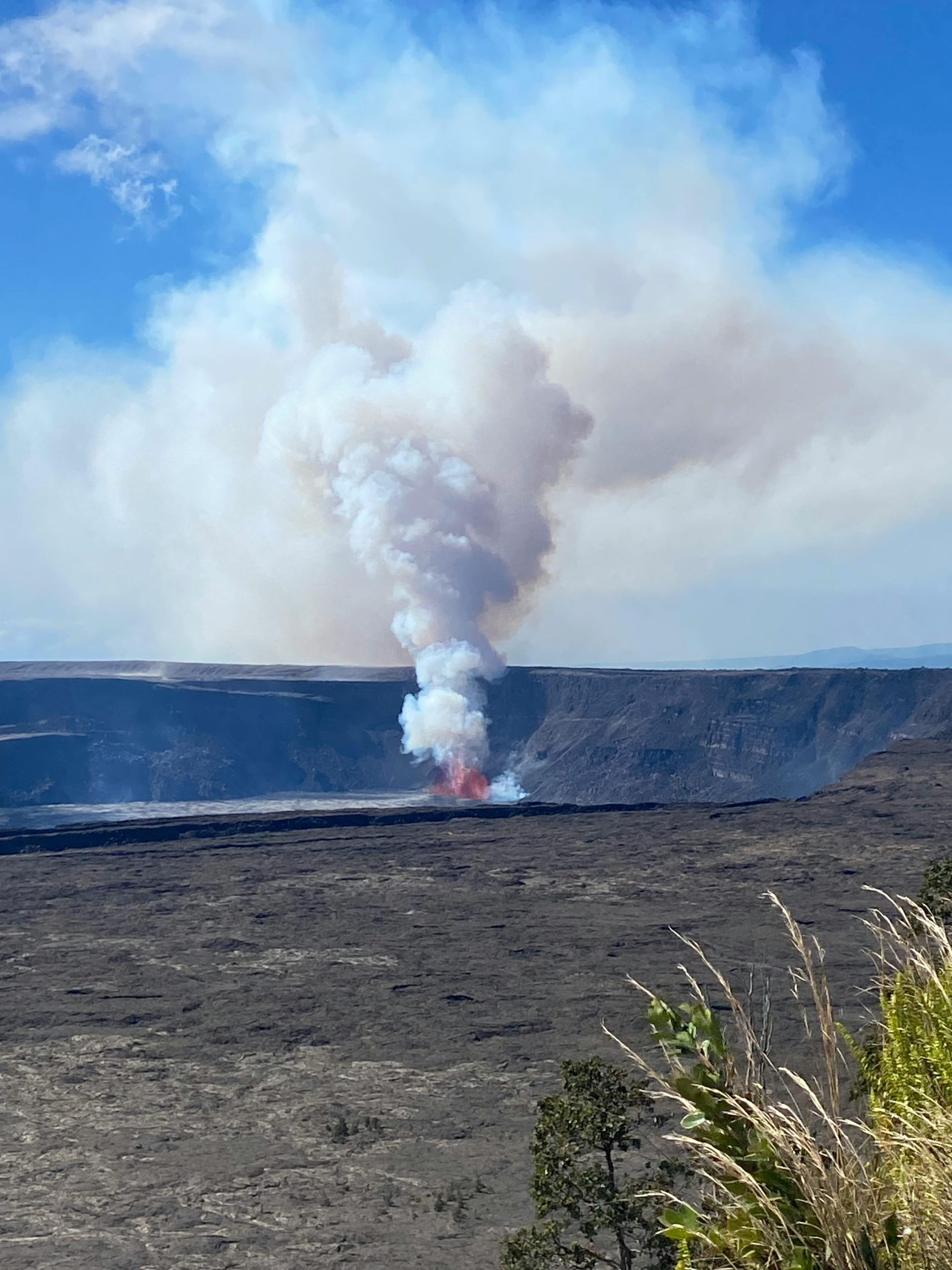Legal Concerns with a Trucking Company Lacking Valid Insurance After a Highway Incident
Navigating the aftermath of a vehicular accident can be complex, especially when involved parties might not be adhering to legal insurance requirements. Recently, I encountered a situation where a trucking company appears to be attempting to evade their responsibilities following a minor collision on the highway. Here’s a detailed overview of the case and some insights on potential next steps.
Incident Overview
During a recent highway drive, a truck merged improperly over double solid lines and collided with my vehicle, resulting in estimated damages of approximately $11,000. The truck driver provided their insurance details, and I captured photographic evidence. Upon contact, the insurer claimed that the policy had been terminated two months before the accident. Further efforts to reach the trucking company’s management have been unsuccessful; the driver’s supervisor has not returned calls, and the company’s publicly available records raise further concerns.
Insurance Status and Red Flags
A check through the Federal Motor Carrier Safety Administration’s (FMCSA) DOT database revealed that their only active insurance policy is with Geico Marine, which is not typically used for commercial trucking operations. Industry experts note that some trucking firms may attempt to skirt legal insurance requirements by maintaining policies that do not cover freight or commercial driving activities—potentially leaving victims unprotected.
Additionally, the company filed their MCS-150 registration update shortly after the incident, but whether this indicates normal procedural compliance or an attempt to obscure their insurance standing remains unclear.
Legal and Practical Considerations
Given these circumstances, several questions arise:
-
What are the trucking company’s intentions? Are they intentionally delaying to see if the matter is forgotten or hoping the claim will be forgotten?
-
Should you engage a legal professional immediately? Consulting with a qualified attorney can help clarify rights and options, including whether to pursue litigation.
-
Is sending certified notice a prudent step? This could formalize your claim and ensure it’s on record.
-
Should you involve your insurance provider? If your coverage is full, particularly if the vehicle was being used for Uber at the time, it’s essential to understand your policy’s specifics. However, claims made during Uber rides can sometimes be complicated owing to whether Uber’s insurance coverage applies.
-
Is there a chance other unlisted insurance exists? It’s possible the trucking company or driver has additional coverage not visible publicly. Professional legal advice can help determine the best path forward.
Next Steps
Fac



